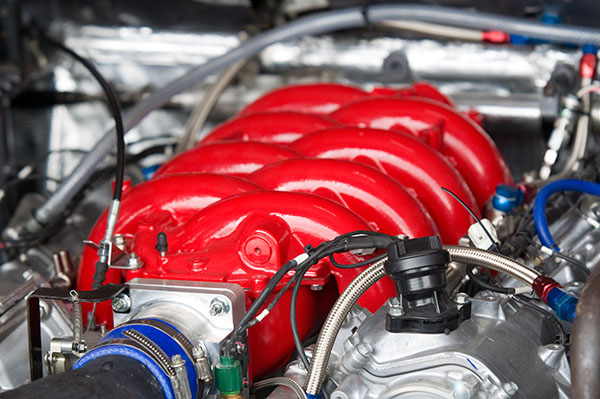
When you pop the hood of your car and take a look at its intricate web of components, you might feel like you've stumbled into a labyrinth of mystery. But fear not, because today we're here to unravel one of the lesser-known heroes under the hood – the manifold. So, what is a manifold, and what does it do?
The Basics of a Manifold
First things first, let's demystify the term. A manifold in the automotive context is a crucial component that plays a pivotal role in your car's engine. It's a bit like the traffic cop of your vehicle's internal systems, directing and managing the flow of essential gases.
As automotive technology advances, so does manifold design. Modern engines often feature variable intake manifolds that can adjust the length of the intake runners to optimize airflow at different engine speeds. This leads to improved torque and power across the rev range.
Manifolds in the Intake and Exhaust
There are primarily two types of manifolds in your car: the intake manifold and the exhaust manifold. Think of them as the "yin and yang" of your engine's respiratory system.
Intake Manifold
This one is all about inhalation. It's responsible for delivering the air-fuel mixture to the engine's cylinders. Located on top of the engine, it receives fresh, oxygen-rich air from the air filter and then distributes it evenly to each cylinder for combustion.
Exhaust Manifold
After the combustion party is over, the exhaust manifold takes center stage. It collects the leftover exhaust gasses from each cylinder and channels them into a single pipe that leads to the exhaust system. Essentially, it's responsible for expelling the burnt gasses from the engine.
In vehicles with turbochargers, both the intake and exhaust manifolds are linked to each other. The gasses that go out of the engine spin a propeller in the turbocharger - in return, the intake has more air.
Why Is The Manifold Important
Now, you might be wondering why manifolds are so important. Well, think of your car's engine as a finely tuned orchestra; the manifolds are the conductors. They ensure that each cylinder gets the right amount of air (intake manifold) and that the exhaust gasses are efficiently expelled (exhaust manifold). This balance is essential for optimal engine performance, fuel efficiency, and emissions control.
Intake and Exhaust System Maintenance at Austin's Automotive Specialists!
If you suspect any issues because of performance loss, make sure to contact us at Austin's Automotive Specialists! We will check everything from the seals of your engine to the exhaust pipe itself.